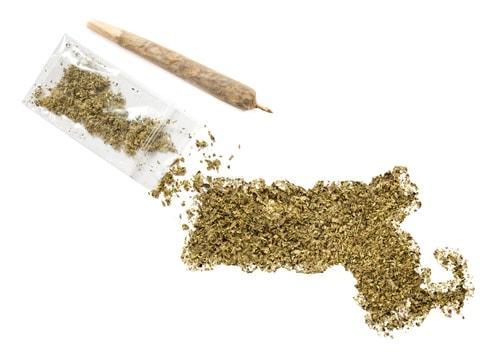 The evolution of the public’s attitude toward marijuana over the last few decades has been an interesting phenomenon to witness. The use of the drug has been long associated with a particular lifestyle—and, largely, a certain type of person. While such stereotypes were often inaccurate and potentially discriminatory, they have started to fall away in recent years.
The evolution of the public’s attitude toward marijuana over the last few decades has been an interesting phenomenon to witness. The use of the drug has been long associated with a particular lifestyle—and, largely, a certain type of person. While such stereotypes were often inaccurate and potentially discriminatory, they have started to fall away in recent years.
Much of the change has come from the recognition that marijuana seems to have medicinal and palliative uses—so much so that 33 states have established legal, medical cannabis programs. In 10 states, however, it is legal for adults age 21 and over to purchase and use marijuana for recreational purposes. Among these states is our neighbor to the north, the Commonwealth of Massachusetts. As the sale of recreational marijuana begins in Massachusetts, law enforcement officials here in Connecticut are reminding citizens that the drug is still illegal in the Constitution State.
In 2011, Connecticut lawmakers decriminalized the possession of small amounts of marijuana—less than a half-ounce—but decriminalizing the drug is not the same as legalizing it. Those who are found to be in possession of a small amount of marijuana can be cited for a civil violation and may face fines of up $150 for a first offense and $500 for a second offense. Possession of greater amounts of the drug is still a crime, however, and a conviction could lead to $2000 in fines and up to a year in jail.
The Connecticut State Police issued a statement to warn Connecticut residents about the dangers of going to Massachusetts and bringing marijuana home with them. “Connecticut law has only decriminalized marijuana, not legalized it,” the State Police said. “Still possessing a small amount of marijuana will result in a fine while a larger amount will result in an arrest.”
The State Police also reminded residents that the drug is still considered to illegal under federal law. It is not a good idea, the agency pointed out, “to sneak [marijuana] onto a plane or in your luggage during your holiday travels.” Attempting to bring an illegal drug across state lines could result in federal charges, even if it is marijuana and even if small amounts are decriminalized in a particular state.
In November’s election, Connecticut voters chose Democrat Ned Lamont as the state’s next governor. Lamont will take over from current governor Dannel Malloy who decided not to seek a third term. Governor-elect Lamont spent a great deal of time during his campaign pledging to seek the legalization of recreational marijuana in Connecticut. According to a Quinnipiac University poll from 2015, about two-thirds of the state’s voters support the idea of legalized recreational use. For now, however, recreational use is not legal, and while you might not get arrested for possessing a small amount of marijuana, greater amounts could lead to serious consequences.
If you are facing charges related to marijuana possession or any other drug-related offense, contact an experienced Connecticut drug crimes defense lawyer. Call 860-290-8690 for a free, no-obligation consultation at Woolf & Ross Law Firm, LLC today.
Sources:
https://www.ctpost.com/local/article/CSP-reminds-residents-marijuana-is-13410508.php
https://patch.com/connecticut/across-ct/dont-bring-mass-marijuana-over-ct-border-state-pd
https://www.nytimes.com/2018/11/07/nyregion/ned-lamont-defeats-stefanowski-connecticut.html
 50 Founders Plaza
50 Founders Plaza

